
A $60 Billion-a-Year Climate Solution Is Sitting in Our Junk Drawers
I meet Baba Anwar in a crowded, chaotic market in the city of Lagos, Nigeria. He claims he’s in his early 20s, but he looks 15 or 16. Maybe all of 5 feet tall, he’s wearing plastic flip-flops, shorts, and a filthy “Surf Los Angeles” T-shirt and clutching a printed circuit board from a laptop computer, which he says he found in a trash bin. That’s Anwar’s job, scrounging for discarded electronics in Ikeja Computer Village, one of the world’s biggest and most hectic marketplaces for used, repaired, and refurbished electronic products.
The market fills blocks and blocks of narrow streets, all swarming with people jostling for access to hundreds of tiny stalls and storefronts offering to sell, repair, or accessorize digital machinery—laptops, printers, cellphones, hard drives, wireless routers, and every variety of adapter and cable needed to run them. The cacophony of a thousand open-air negotiations is underlaid with the rumbling of diesel generators, the smell of their exhaust mixing with the aroma of fried foods hawked by sidewalk vendors. Determined motorcyclists and women in brightly colored dresses carrying trays of little buns on their heads thread their way through the crowds.
It’s no place for an in-depth conversation, but with the help of my translator, local journalist Bukola Adebayo, I gather that Anwar arrived here about a year before from his deeply impoverished home state of Kano. “No money at home,” he explains. In Lagos, a pandemoniac megalopolis of more than 15 million, he shares a room with a couple of friends from home, also e-waste scrappers. On a good day, he says, he can make as much as 10,000 naira—about $22 at the time of my visit.
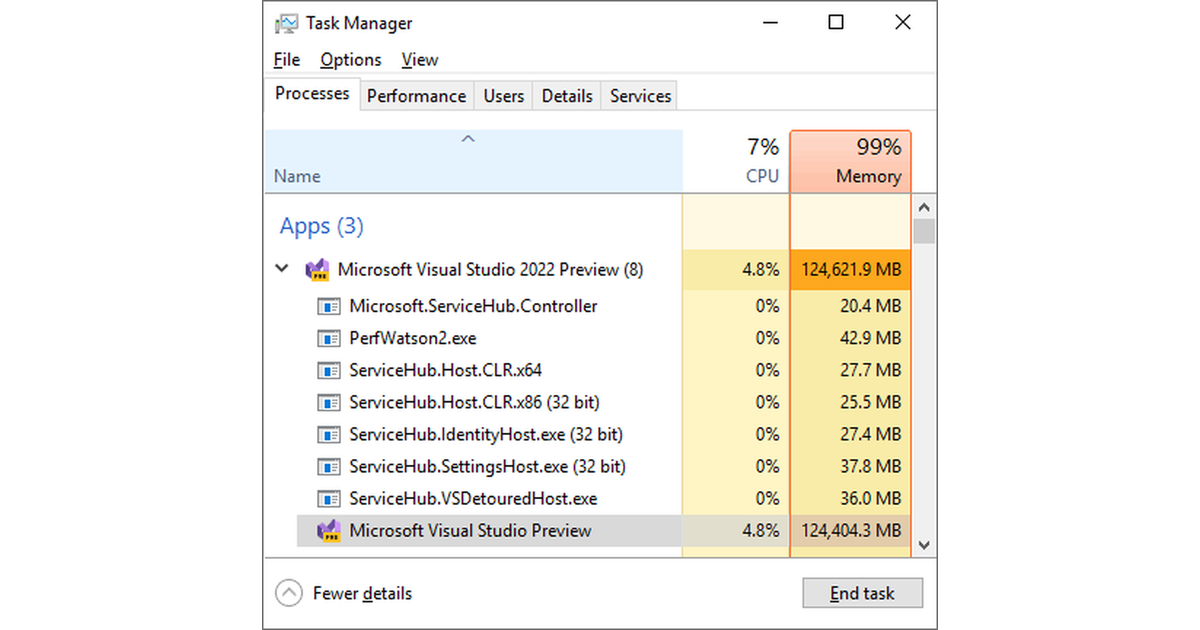
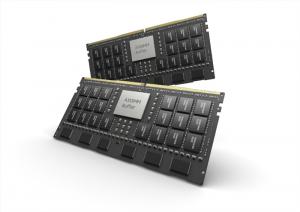
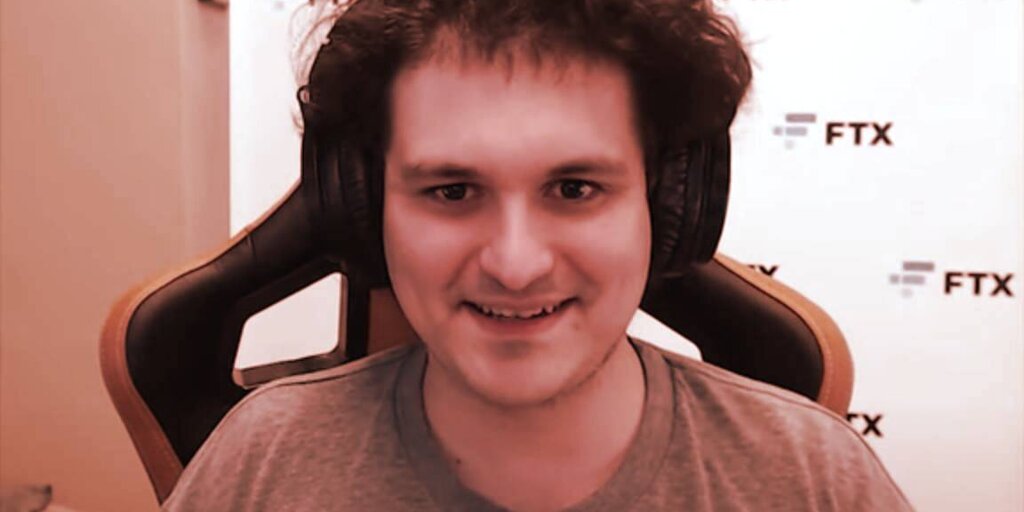


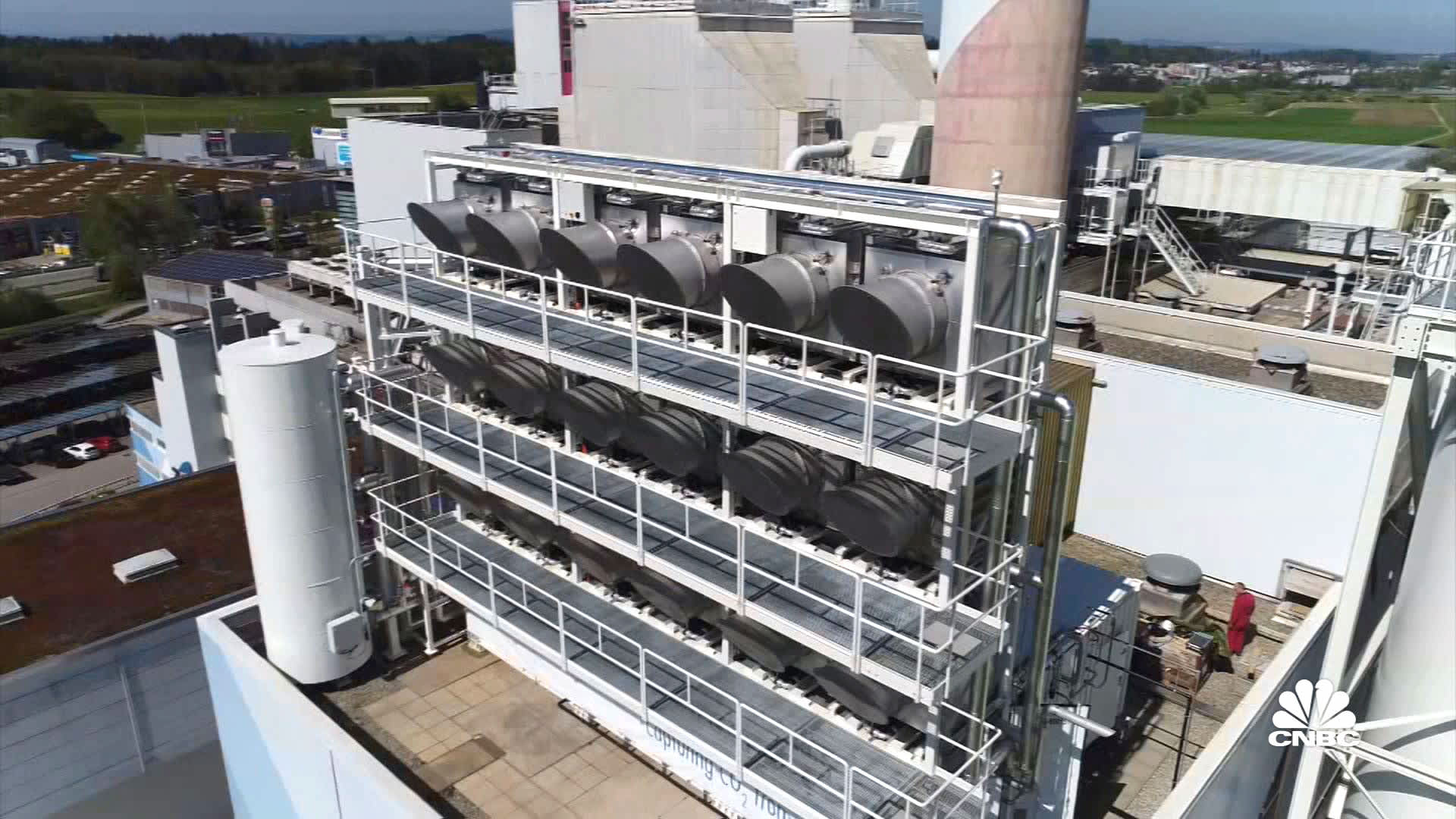







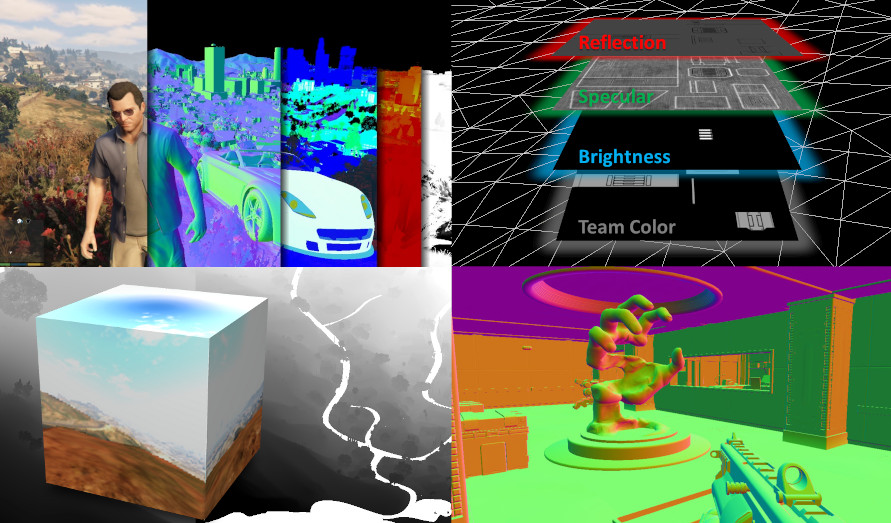



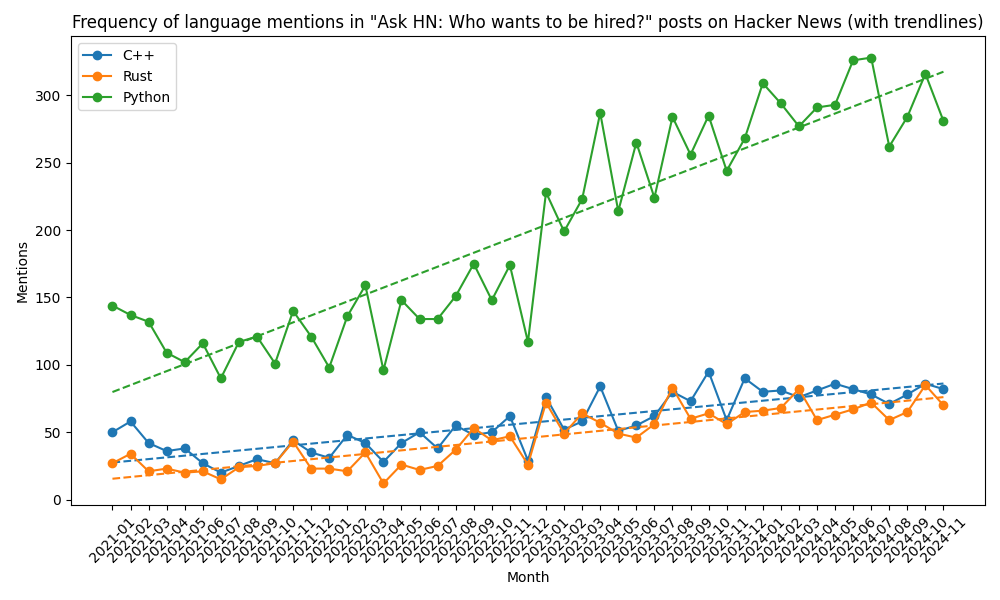
/cdn.vox-cdn.com/uploads/chorus_asset/file/24007892/acastro_STK112_android_01.jpg)
